
On this page
Filing Fees & Requirements
How Much Does It Cost to Form a CT Corporation?
Legal business registration — and maintaining a status of good standing — involves necessary expenses and investment. Some of these costs are payable to the CT Secretary of State, while others are due to additional state entities or the federal government. Here are some common requirements and fees.
Please note that fees for a State of Connecticut business license or permit may be due when you first form your business, on an ongoing schedule or on an ad hoc basis. Find more details below.
Initial Connecticut Corporation Filing Fees
When starting a business in Connecticut State, you’ll need to file a form and pay a filing fee. Here are the current Connecticut corporation filing fees and times:
State Fee
$250
State Filling Time
3 Weeks
Expedited Filing Time
2 Business Days
When you use Bizee to register a business in Connecticut, we charge you the state filing fee and forward it to the Secretary of State when we file your incorporation paperwork.
Bizee Can File Your Incorporation Paperwork for You for Free.
Just pay the required Connecticut corporation filing fees.
Incorporate Through Bizee Today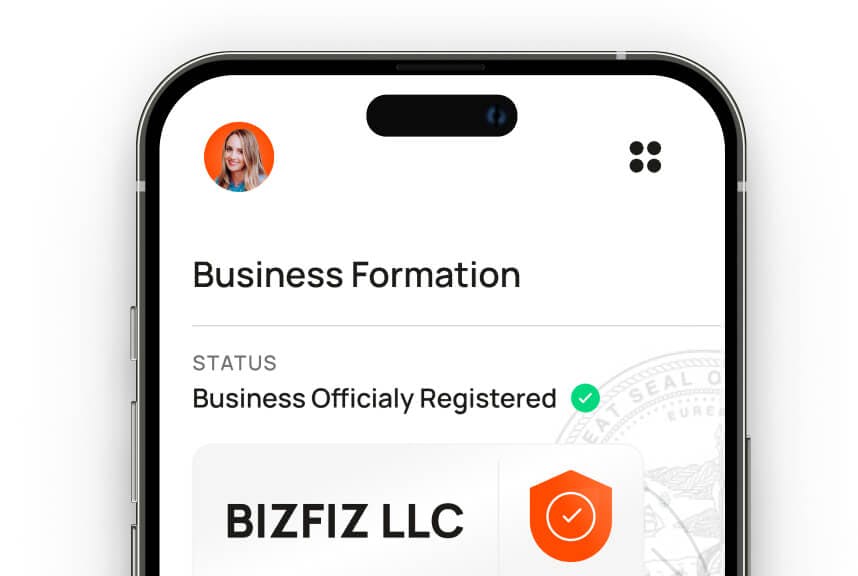
Connecticut Allows You to Incorporate More Quickly by Paying a Rush Fee
View Expedited Fees for Connecticut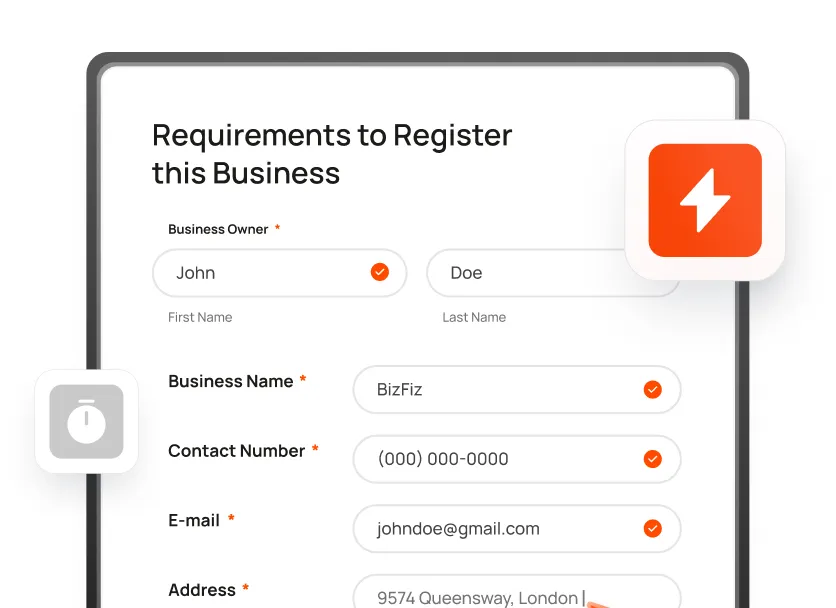
Employer Identification Number
Every corporation in the country should have a unique EIN (Employer Identification Number) from the Internal Revenue Service. You'll use it when you open a business bank account, file taxes and pay employees. You can get one directly from the IRS, or Bizee can get one for you.
Foreign Corporations
If you want to do business in a state other than the one where your business is based, you must create a Foreign Corporation.
Connecticut Foreign Corporation Registration
Before you can bring an arm of your business from another state into Connecticut, you must request Connecticut Foreign Qualification. This means the state gives you permission to conduct business there.
To request registration of a Connecticut Foreign Corporation, you must complete an Application for Certificate of Authority and pay a processing fee of $385. The state may have additional registration requirements, so contact the Connecticut Secretary of State directly for more information and to ensure you're in compliance with CT corporation law.
Foreign Qualification to Operate in Another State
If you plan to expand your Connecticut corporation into another state, you’ll first need Foreign Qualification or a Certificate of Authority from that state. This is necessary before you can create a physical presence, hire employees or bank in that state.
You'll likely have to complete at least one application and pay a filing fee, but each state has its own requirements. Before you start the process, compare state filing times and state filing fees so you can plan accordingly.
Above all, contact the state government entity that administers business (usually the Secretary of State) to confirm their requirements and for specific instructions.
If you need assistance, Bizee provides a complete Foreign Qualification service for all states.
Connecticut Annual Report Requirements
Most states require business entities to file an annual (or other periodic) report. Connecticut requires an annual report to be filed once a year with the Connecticut SOS.
When you complete your annual report you must file it online accompanied with a filing fee of $150. An initial report is also due within 30 days of forming your corporation.
Annual Report
Frequency
Annually
Due Date
Last business day of anniversary month of incorporation.
Filing Fee
$150
Important
The initial annual report filing is due within 30 days of the entity formation date.
Bizee Can Complete and File Your Biennial Report on Your Behalf
Bizee’s Annual Report Filing Service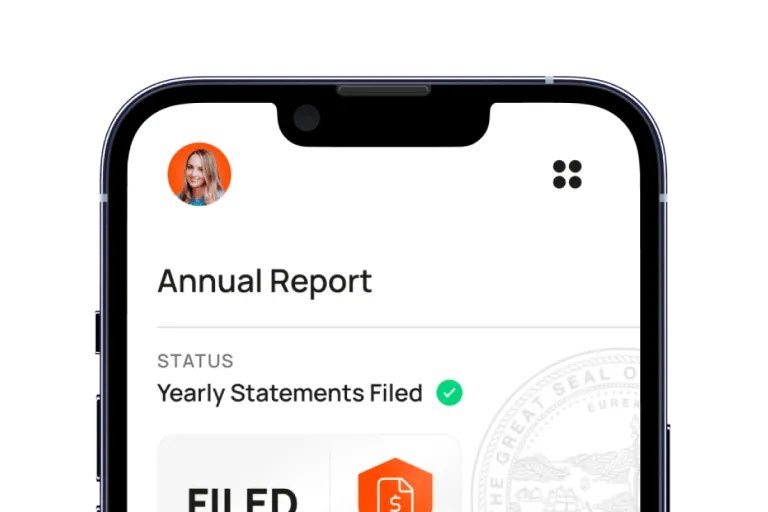
State of Connecticut Business License and Permit Requirements
Before you start doing business, you must secure the necessary state, federal or local business licenses and permits to operate your corporation. Some of the fees will only need to be paid once, while others may be ongoing charges.
Permits and licenses vary based on:
- The type of business you run (e.g., attorneys must pass the state bar exam)
- The industry your corporation operates in (e.g., restaurants will need health permits)
- The location of your corporation (state, county or city) (e.g., a license to conduct business in the city of Bridgeport)
Operating your corporation without the required State of Connecticut business license can leave you vulnerable to risks, such as fines from local, state and federal governments.
You can research these permits and licenses yourself, or use Bizee’s Business License Research Package, which includes:
Corporate Bylaws
You are required to have Connecticut corporation bylaws if you form a corporation in the state. You don't need to file them with the Connecticut Secretary of State, but make sure you have them with your business documents and by all means, continue to follow them.
This document outlines rules for carrying out tasks related to managing your corporation including, but not limited to:
The bylaws must then be adopted (and amended, if necessary) by the board of directors and shareholders.
Drafting a set of bylaws can be extremely helpful in making sure you’re organized and can help protect your business from any future changes and events that may affect your business.
Other CT Corporation Filing Requirements and Fees
You may need to pay and meet several other fees and requirements during the life of your LLC. These ad hoc fees will only be payable in specific circumstances, as listed below.
Obtaining an Assumed Name or DBA
The State of Connecticut requires you to complete a few more tasks before you can begin conducting business.
Appoint a Director
Some states require corporations to appoint a full board of directors. CT corporation law requires all corporations to have at least one director.
Appoint Officers
In Connecticut, the board of directors may elect officers, such as the president, vice president, secretary, treasurer, etc. One officer must be responsible for preparing the minutes of the directors' and shareholders' meetings and for maintaining and authenticating the records of the corporation required to be kept. One individual may hold more than one office simultaneously.
Issue Stock to Shareholders
To raise business capital and keep it separate from company owners' money, every Connecticut corporation must sell stock to its shareholders. The Certificate of Incorporation must authorize the sale of at least one class of share, and the corporation cannot sell more shares than are authorized.
Hold Annual General Meetings
In Connecticut you are required to hold an annual meeting, however if you fail to do so, CT Gen Stat § 33-695 states, "The failure to hold an annual meeting at the time stated in or fixed in accordance with a corporation's bylaws does not affect the validity of any corporate action."
Get a Trade Name or DBA
If you want to register a Connecticut DBA (trade name), you must file a certificate with your town clerk which you can find in the town clerk directory You will likely need to pay a filing fee for this service.
Bizee Can File Your Trade Name or DBA Forms on Your Behalf
Bizee’s DBA Service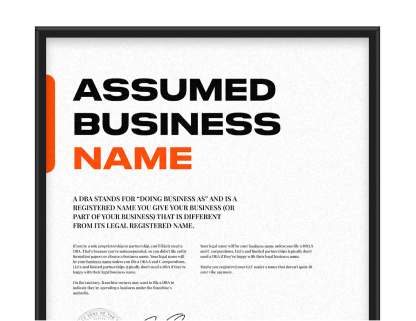
Change the Registered Agent
If your corporation is based in Connecticut, then you must have a Registered Agent in the state. You'll need to appoint one when you file your Certificate of Incorporation. You can also change to a new Registered Agent later by filing a form and paying a fee of $50.
Let Bizee Serve as Your Registered Agent.
It’s free for the first year if you form your CT corporation with us and $119 a year after.
Use Our Trusted Registered Agent Service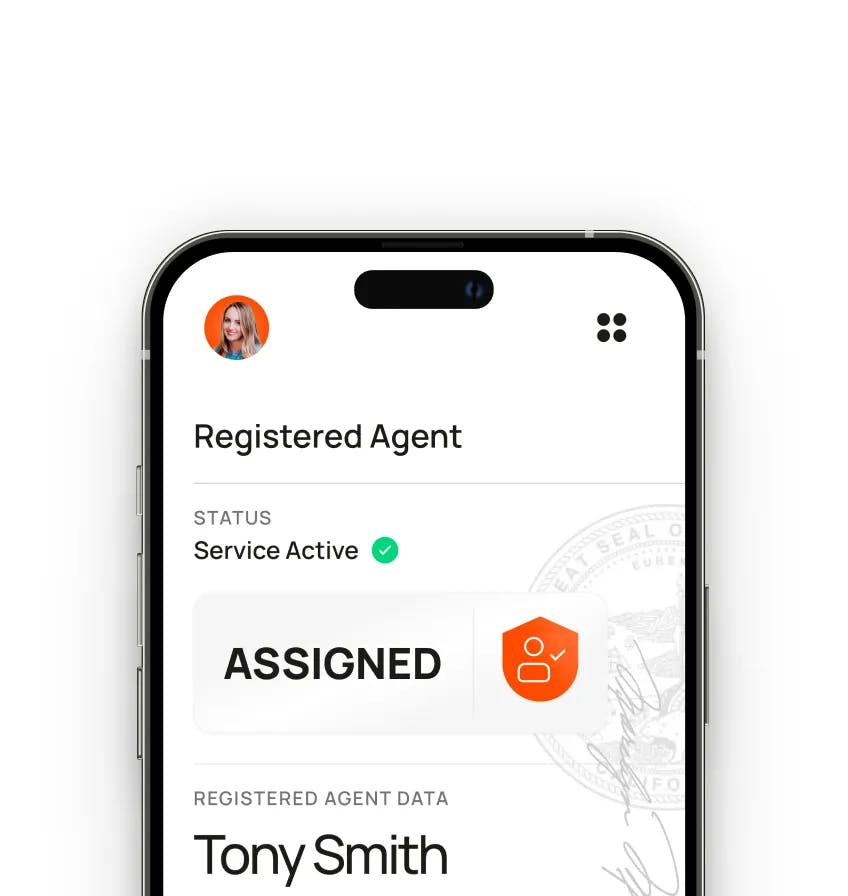
Reserving a Name for Your Corporation
If you're not quite ready to start your business, you can reserve a name for 120 days with the Secretary of State by filing a form and paying a fee of $60. First, conduct a CT corporation search and learn the state's business naming rules to ensure you choose a name that meets legal requirements.
Amending Facts About Your Corporation
When you incorporate, the Connecticut business forms you fill out include certain facts about your business at that time. Through the years, some or all of this information may change. If it does, you'll need to file a Certificate of Amendment with the Secretary of State along with a filing fee of $100. You can do this yourself or Bizee can do it for you.
You'll need to file a Certificate of Amendment when you:
Get a Certificate of Good Standing
Some organizations may request that you prove your corporation's compliance with laws and tax requirements. In most states, this proof is provided with a Certificate of Good Standing. In this state, it's a CT Certificate of Legal Existence.
If you need to prove you have met your commitments, you’ll need to request a CT Certificate of Legal Existence from the Secretary of State. You can do this online via the business portal provided by the CT Secretary of State and paying a filing fee of $50.
Bizee Can Obtain a CT Certificate of Legal Existence on Your Behalf
Bizee’s Certificate of Existence Service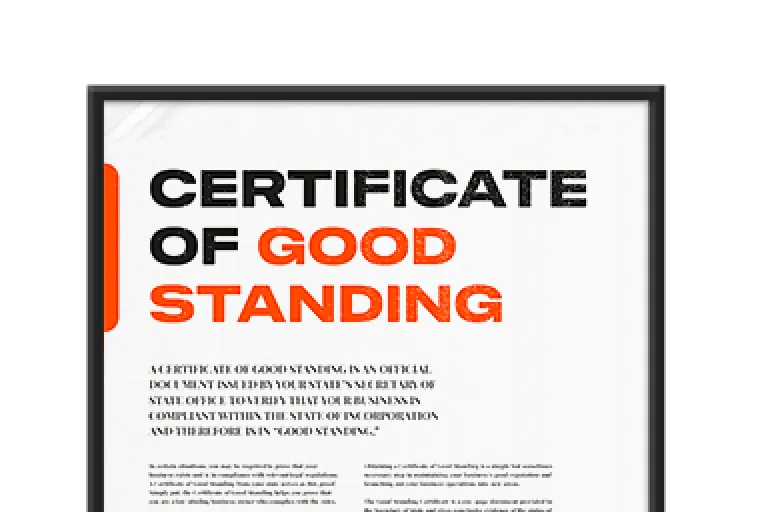
The information listed above details many of the fees a standard corporation will be required to pay in Connecticut. In some circumstances, there may be other one-off, periodic or ad hoc fees not listed above.
Of course, your corporation will also probably need to pay federal, state, self-employment (if it's an S Corp) and other taxes. You'll find more information on the Connecticut taxes page.
FAQs About CT Corporation Filing Requirements and Fees


incorporate now
Launch your business with bizee
No Contracts. No Surprises. Only $0 + State Fee to Launch Your Business.


.jpg&w=3840&q=75)
